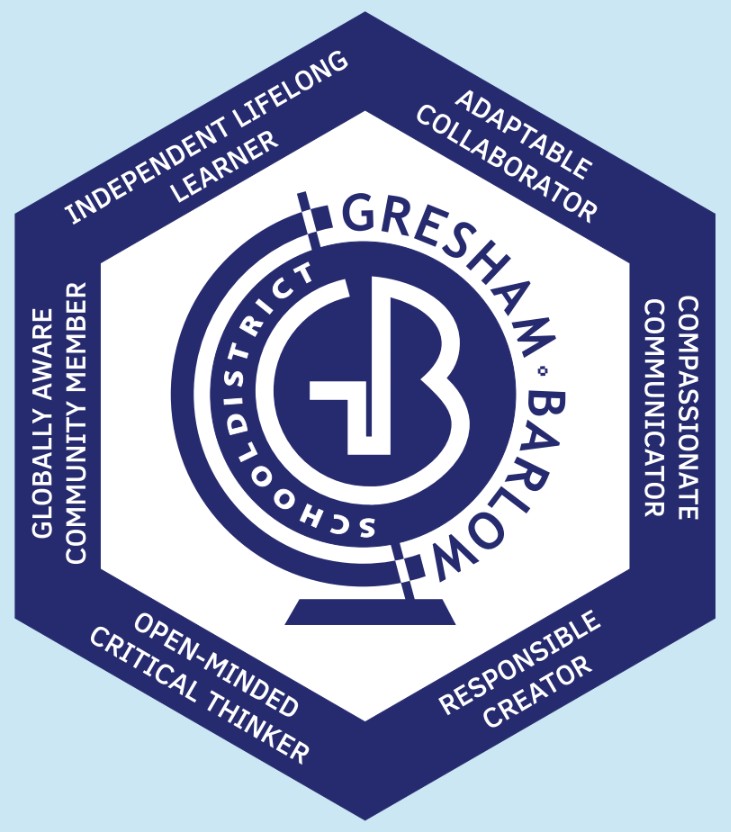The journey of career exploration and development is a lifelong process, and understanding your strengths, interests, and values is paramount to finding fulfillment and success. While traditional skills remain important, the demands of the modern workforce require a broader understanding of oneself. This is where career assessment comes in.
What is Career Assessment?
Career assessment is a systematic process of gathering and analyzing information about an individual to identify potential career paths that align with their personal attributes. It’s more than just taking a quiz; it’s A Comprehensive Guide To Career Assessment that involves a variety of tools and techniques designed to provide a deeper understanding of your:
- Interests: What activities do you enjoy and find engaging?
- Skills: What are you good at, both learned and natural abilities?
- Values: What is important to you in a work environment (e.g., work-life balance, creativity, helping others)?
- Personality: How do your personality traits influence your work style and preferences?
- Aptitudes: What are your potential areas of growth and development?
Why is Career Assessment Important?
In today’s rapidly evolving job market, career assessment provides numerous benefits:
- Self-Awareness: It helps you gain a clearer understanding of your strengths, weaknesses, interests, and values.
- Career Exploration: It opens your eyes to career options you may not have considered.
- Informed Decision-Making: It empowers you to make informed decisions about your education, training, and career path.
- Increased Job Satisfaction: By aligning your career with your interests and values, you are more likely to find job satisfaction.
- Career Development: It provides a foundation for ongoing career development and growth.
- Adaptability: The insights gained can help you navigate career changes and adapt to new challenges.
Types of Career Assessments
A comprehensive guide to career assessment will cover various assessment tools and techniques, each designed to provide different types of insights. Here are some common types:
Interest Inventories
These assessments measure your interests in various activities, subjects, and occupations. Examples include:
- Strong Interest Inventory: Matches your interests to those of people successfully employed in different occupations.
- Holland Code (RIASEC): Assesses your personality based on six categories: Realistic, Investigative, Artistic, Social, Enterprising, and Conventional.
Skills Assessments
These assessments evaluate your abilities and skills in different areas. Examples include:
- Aptitude Tests: Measure your potential for learning new skills.
- Skills-Based Assessments: Evaluate your proficiency in specific skills, such as writing, communication, or technical skills.
Personality Assessments
These assessments provide insights into your personality traits and how they might influence your work style and preferences. Examples include:
- Myers-Briggs Type Indicator (MBTI): Identifies your personality type based on four dichotomies: Extraversion vs. Introversion, Sensing vs. Intuition, Thinking vs. Feeling, and Judging vs. Perceiving.
- DISC Assessment: Measures your dominance, influence, steadiness, and conscientiousness.
Values Assessments
These assessments help you identify your core values and what is important to you in a work environment.
- Work Values Assessment: Determines what aspects of a job are most important to you, such as achievement, independence, or relationships.
Career Aptitude Tests
These tests help determine your strengths and how they could translate to various jobs.
Using Assessments to Their Fullest
It’s crucial to note that no single assessment is definitive. A comprehensive guide to career assessment emphasizes that these tools are most effective when used in conjunction with other resources, such as career counseling, informational interviews, and job shadowing. A career counselor can help you interpret your assessment results, explore career options, and develop a plan to achieve your career goals.
Implementing Career Assessment Strategies
To effectively utilize career assessment, consider these steps:
- Self-Reflection: Start by reflecting on your interests, skills, values, and personality. What do you enjoy doing? What are you good at? What is important to you in a job?
- Take Assessments: Choose assessments that align with your goals and needs. Consider working with a career counselor to select the most appropriate assessments.
- Interpret Results: Carefully review your assessment results and identify patterns and themes. How do your interests, skills, values, and personality align?
- Explore Career Options: Research career paths that align with your assessment results. Conduct informational interviews with people working in those fields.
- Set Goals: Develop a plan to achieve your career goals. This might involve further education, training, or gaining relevant experience.
- Seek Guidance: Work with a career counselor or mentor to get support and guidance along the way.
The Role of a Career Counselor
A comprehensive guide to career assessment wouldn’t be complete without highlighting the importance of a career counselor. A career counselor can provide valuable guidance and support throughout the career exploration and development process. They can help you:
- Select appropriate assessments
- Interpret assessment results
- Explore career options
- Develop a career plan
- Address career-related challenges
- Provide ongoing support and encouragement
Staying Adaptable in a Changing World
The world of work is constantly evolving. New technologies, industries, and job roles are emerging all the time. To thrive in this environment, it’s essential to embrace lifelong learning and be adaptable.
A comprehensive guide to career assessment should encourage you to:
- Stay informed about industry trends and developments.
- Continuously develop new skills and knowledge.
- Be open to new opportunities and challenges.
- Network with people in your field.
- Reassess your career goals and plans regularly.
Conclusion
Career assessment is a powerful tool that can help you unlock your potential and find a fulfilling and successful career path. By understanding your strengths, interests, and values, you can make informed decisions about your education, training, and career choices. Remember that career assessment is not a one-time event, but an ongoing process of self-discovery and development. Embrace lifelong learning, stay adaptable, and seek guidance from career professionals to navigate the ever-changing world of work. By taking a proactive approach to career assessment, you can create a future that is both rewarding and aligned with your unique talents and aspirations.


